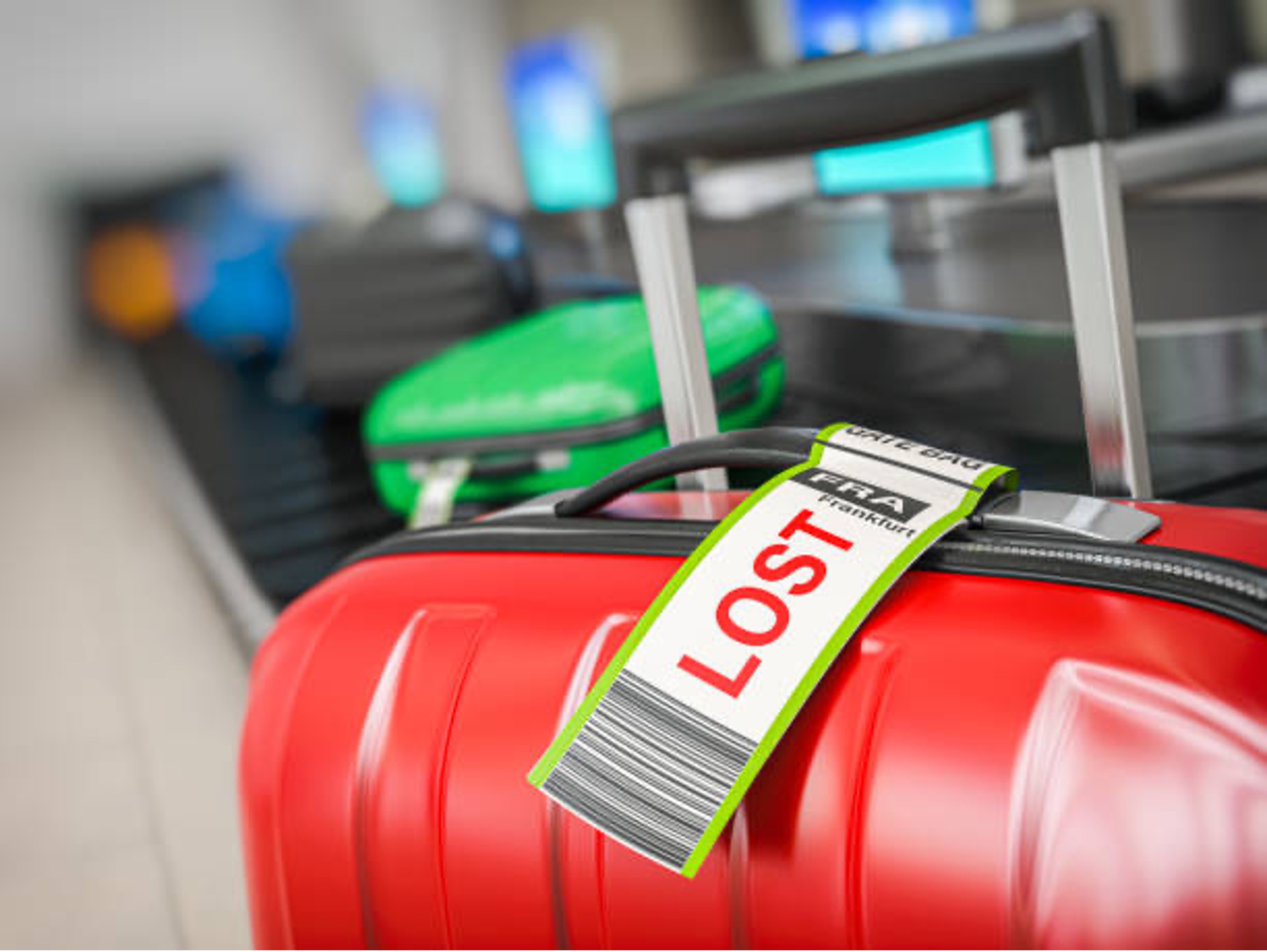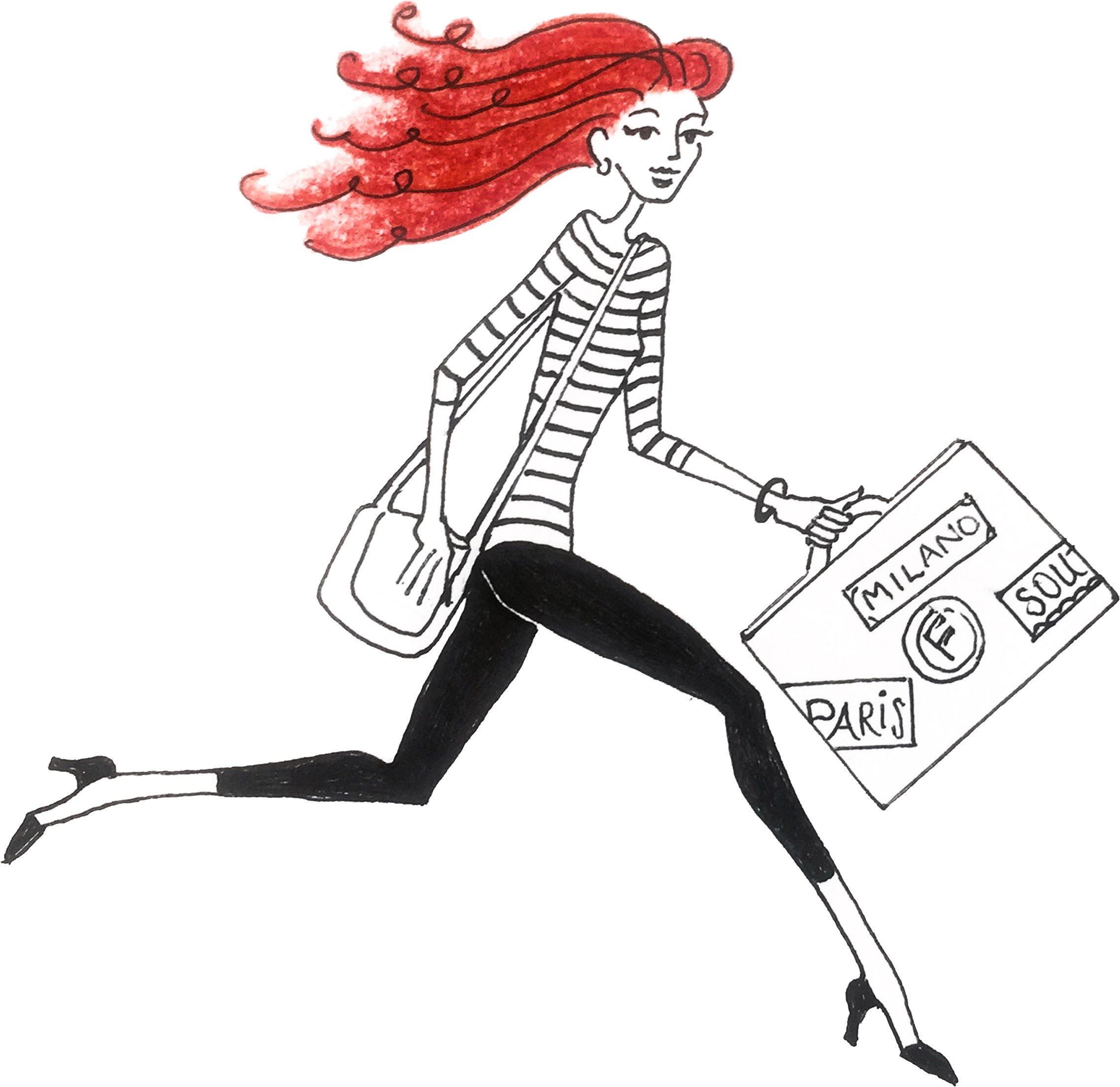Here are three reasons not to check bags, and five strategies to follow if you must.

Some say there are only two kinds of luggage: carry-on and lost. I am in the carry-on only camp; here are three reasons why I prefer not to check a bag:
1. I have to show up at the airport earlier. While bag check-in cutoff time ranges from 15-30 minutes, checking a bag also often means spending more time than that in line to get the bag tagged and dropped off.
2. I have to stay at the airport longer after my flight. While some airlines deliver bags quickly, other carriers can take thirty and sometimes sixty minutes after you arrive at the baggage carousal.
3. I don’t want my bag to get lost. While the overall chance your bag will be lost is low (less than 1% on most airlines), the risk increases substantially on a connecting itinerary because your bag is not only loaded and unloaded onto a plane, but also transferred to another, where the process is repeated. If the first flight is delayed, that means your bag may not make it onto the second one, not to mention bags intentionally misdirected by baggage handlers as part of a job action against their company because contract negotiations were dragging on.
Earlier this year the opportunity for a last-minute trip came up; all I had time to pack was a backpack that fit under the seat in front of me. It was liberating not to worry about the availability of overhead bin space (and the need to board early). I arrived at the airport gate close to departure time, strolling onto the plane close to the end of boarding. (And my backpack ended up fitting on top of the rollaboards already in the overhead bins!)
Note: Know your airline’s carry-on rules. Make sure your carry-on bag fits in the sizer; if you have a rollaboard, be sure you’re boarding among the first half of passengers. Otherwise, you risk having your bag gate-checked, which means it might get lost (yes, gate-checked bags are forgotten; I spent a week in Europe without mine when it was left in Denver after all rollaboards were gate-checked for weight reasons) and you’ll waste time waiting for it at the end of your journey.
Airlines are frequently aggressive requiring passengers to gate check bags even when there’s plenty of overhead bin space left. It’s one of the two most frequent complaints I see on twitter, and this is regardless of airlines (other than Southwest).
This is because gate agents don’t want to risk passengers wasting time looking for bin space, and worse yet not finding any and having to gate check their bags in the minutes prior to doors close. The plane might push back a minute or two late as a result, and with some carriers that’s a mark on the agent. They’d rather make sure they don’t get to that stage. It’s one reason that the lack of larger overhead bins is so frustrating on some carriers and fleet types, when those bins are readily available for installation.
If your bag definitely fits in the sizer, and you’re asked to gate check, be nice. You’re probably out of luck, but it’s worth nicely telling the agent you’re interlining on separate tickets and will miss your connection if you have to wait for your bag at baggage claim and re-clear security, so you’d appreciate it if she would let you hunt for bin space.
All that said, sometimes I don’t have a choice about checking my bags. I might be flying on a foreign airline that weighs cabin bags, or be going on a sport-oriented trip, with too much skiing or cycling gear to fit into a rollaboard. If I have to check bags, I follow these five rules:
1. I choose the right credit card to book the trip. Many travel rewards cards offer delayed and lost bag coverage. If my bag is delayed, the credit card company will reimburse me up to a certain amount per day to replace essentials such as clothing and toiletries. If the bag is lost, it will provide a payout for its contents.
2. I go all in on my baggage allowance. If I have to show up early at the airport to check bags and wait after my flight to collect them, it doesn’t much matter if I check one or three; I don’t worry about using my entire allotment of free bags.
3. I arrive at the airport well before the check-in cutoff. Not checking your bag seconds before the deadline gives it the best chance of making it onto the plane.
4. I don’t check anything that really matters. Checked bags aren’t a reason not to carry anything at all onto the plane. Prescription medicines and other items that are valuable or difficult to replace should be carried on, not checked, even if it means boarding early to claim overhead bin space.
5. I use Airtags. While the odds my luggage will be lost are fairly low (and I never have anything valuable in my checked bags), I still appreciate the sense of control/peace of mind that comes with knowing where my bags are without having to rely on the airline (even though I’d need the airline’s or law enforcement’s help to actually locate and secure the bag if it goes astray).
Twist’s Take: Try to avoid checking bags; if you must, follow these five rules to make the experience better.
